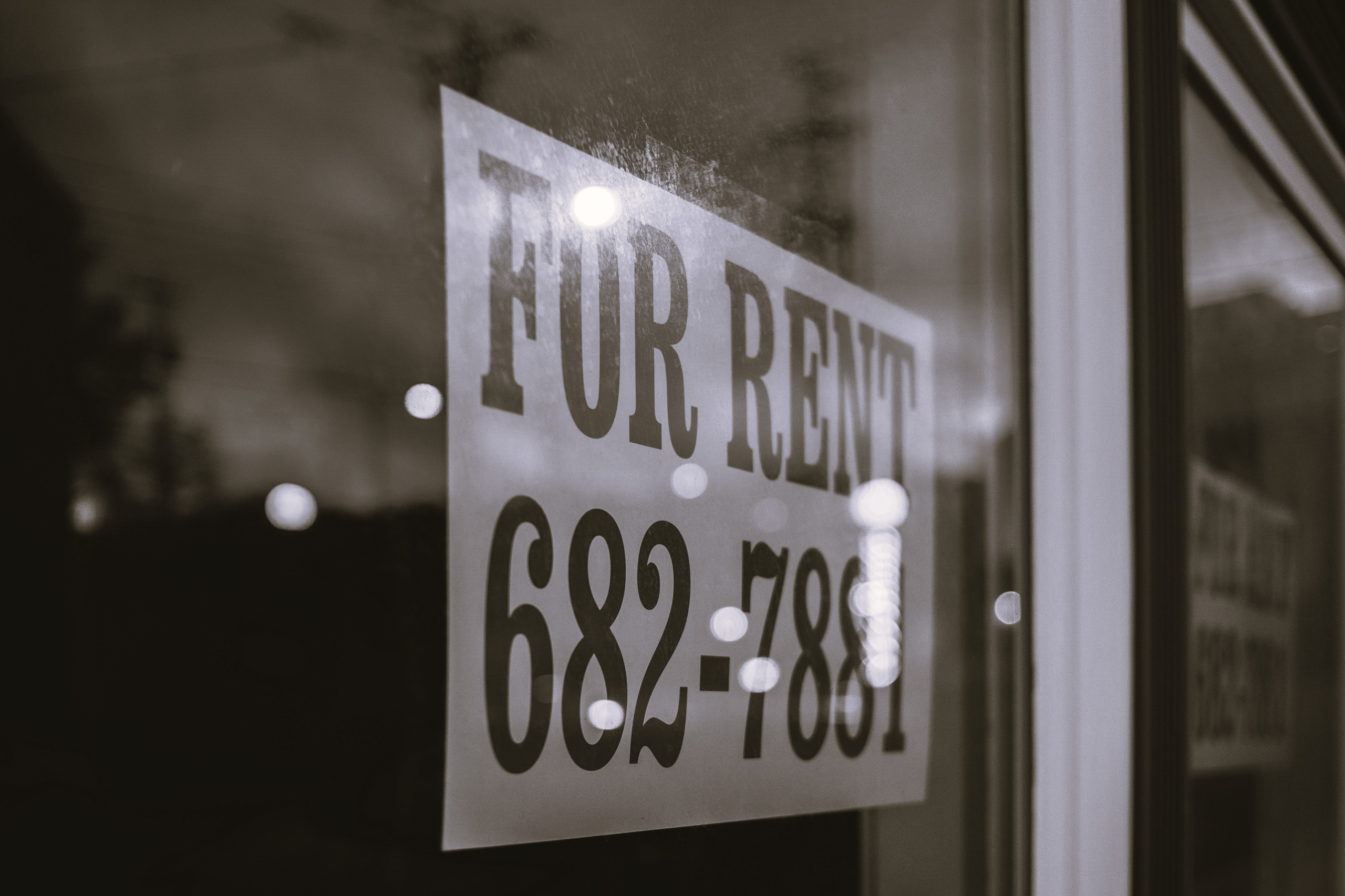Priority Housing as Ex-Offenders’ Key to a Home
Priority housing as ex-offenders’ key to a home: assessing the potential of Dutch certificates of housing urgency using Lipsky’s theory on street-level bureaucrats
Stefan van Tongeren recently published a paper called Priority housing as ex-offenders’ key to a home in the Journal of Offender Rehabilitation. In this paper, he assesses whether the Dutch system of priority housing provides ex-offenders with the possibility to find stable housing on short notice. Having access to housing is considered a vital but also highly problematic aspect of ex-offenders’ reintegration process. To overcome the existing difficulties, Dutch ex-offenders are advised to apply for a so-called “certificate of housing urgency”, granting persons with urgent housing needs priority over others seeking affordable (social) housing. Using a holistic multimethod approach, the paper determines whether priority housing does indeed have the potential of becoming (part of) the solution to ex-offenders’ housing problems by examining the (implementation of) priority housing regulations in 45 Dutch municipalities. The study reveals that most regulations do not explicitly include or exclude ex-prisoners from receiving a priority status. Whether an ex-offender qualifies for a priority status consequently often depends on decision-makers’ interpretation of the regulations. Interviews conducted with these decision-makers and analysed in light of Michael Lipsky’s theory on street-level bureaucrats reveal that most enjoy a significant margin of discretion when assessing applications. As a result, ex-offenders’ chances of successfully obtaining a priority status primarily depend on the individual street-level bureaucrats’ style of rule application. It is concluded that whereas the Dutch priority housing system allows for tailored solutions to individual housing problems it offers little legal certainty to returning ex-offenders.






